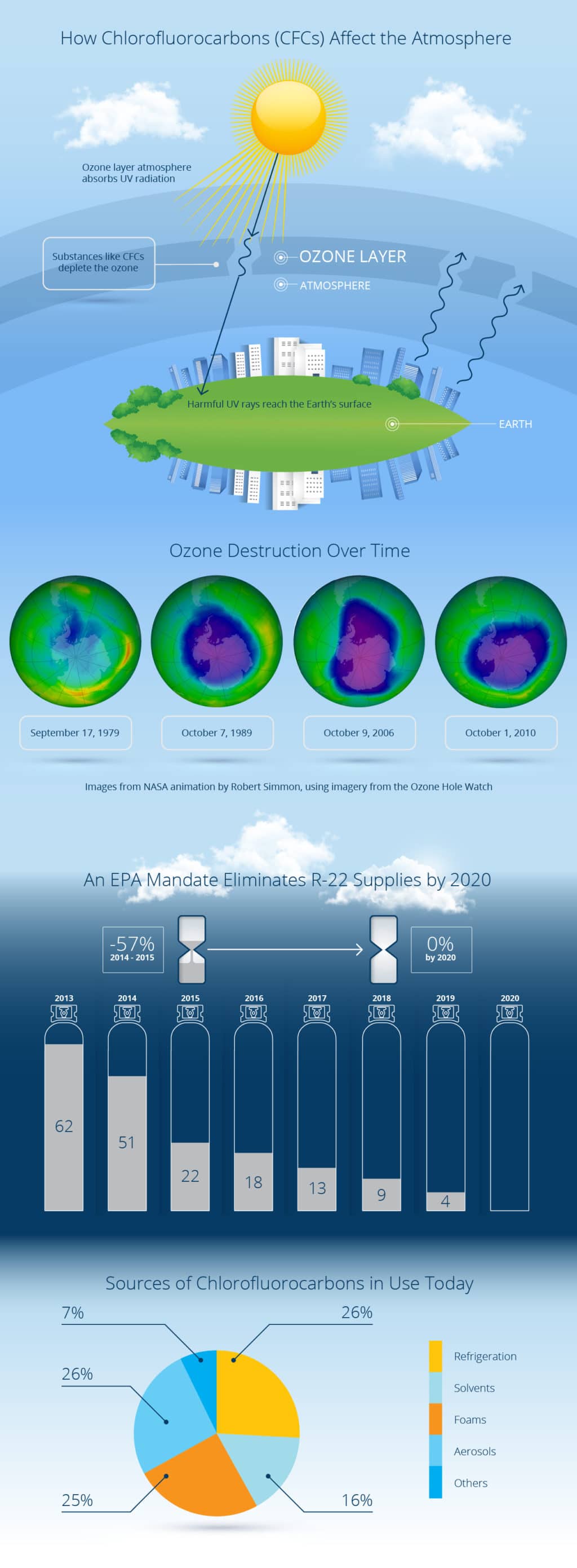The Future Of Home Home Heating - How Heat Pump Innovation Is Evolving
The Future Of Home Home Heating - How Heat Pump Innovation Is Evolving
Blog Article
Web Content Produce By-Dugan Dominguez
Heat pumps will certainly be a crucial modern technology for decarbonising heating. In a situation regular with governments' introduced power and environment dedications, their worldwide ability increases by 2030, while their share in home heating rises to one-quarter.
They function best in well-insulated homes and rely on electrical energy, which can be provided from a sustainable power grid. Technical innovations are making them extra efficient, smarter and less expensive.
Fuel Cells
Heat pumps make use of a compressor, refrigerant, coils and followers to move the air and heat in homes and devices. go to this site can be powered by solar power or electrical power from the grid. They have actually been acquiring popularity due to their inexpensive, quiet operation and the capability to produce electricity during peak power need.
Some companies, like IdaTech and BG MicroGen, are servicing fuel cells for home heating. These microgenerators can change a gas central heating boiler and produce some of a home's electrical demands with a link to the electricity grid for the rest.
Yet there are reasons to be cynical of using hydrogen for home heating, Rosenow states. It would certainly be expensive and ineffective contrasted to various other technologies, and it would include in carbon discharges.
Smart and Connected Technologies
Smart home modern technology enables property owners to attach and manage their devices remotely with using mobile phone applications. As an example, wise thermostats can discover your heating choices and automatically adjust to enhance power intake. Smart illumination systems can be managed with voice commands and immediately shut off lights when you leave the space, lowering energy waste. And wise plugs can monitor and manage your electrical usage, enabling you to determine and restrict energy-hungry appliances.
The tech-savvy house illustrated in Carina's meeting is a good image of just how passengers reconfigure area heating techniques in the light of brand-new smart home technologies. They rely upon the gadgets' computerized features to accomplish everyday changes and regard them as a practical methods of performing their heating techniques. Therefore, they see no factor to adapt their techniques better in order to allow versatility in their home power demand, and interventions targeting at doing so might encounter resistance from these homes.
Electricity
Given that warming homes make up 13% people discharges, a switch to cleaner alternatives might make a huge difference. But the technology faces obstacles: It's costly and needs extensive home restorations. And it's not constantly compatible with renewable resource sources, such as solar and wind.
christchurch heat pump repairs and service , electric heatpump were also expensive to take on gas versions in a lot of markets. However brand-new technologies in layout and materials are making them a lot more budget-friendly. And far better cool climate performance is allowing them to work well even in subzero temperature levels.
The next action in decarbonising heating may be the use of warmth networks, which draw warmth from a main source, such as a nearby river or sea inlet, and distribute it to a network of homes or structures. That would reduce carbon discharges and enable households to benefit from renewable resource, such as green electrical power from a grid provided by renewables. This choice would certainly be less expensive than switching over to hydrogen, a nonrenewable fuel source that needs new infrastructure and would just reduce CO2 emissions by 5 percent if coupled with boosted home insulation.
Renewable resource
As electrical energy prices go down, we're starting to see the very same fad in home heating that has driven electrical automobiles into the mainstream-- yet at an even much faster rate. The solid environment case for electrifying homes has been pushed further by brand-new study.
Renewables account for a significant share of modern-day warm usage, but have been provided limited policy focus worldwide compared to various other end-use industries-- and even much less focus than electrical energy has. Partially, Get More Information shows a mix of customer inertia, divided motivations and, in many nations, subsidies for fossil fuels.
New modern technologies could make the shift less complicated. For example, heatpump can be made extra energy reliable by replacing old R-22 refrigerants with brand-new ones that don't have the high GWPs of their predecessors. linked webpage imagine district systems that attract heat from a neighboring river or sea inlet, like a Norwegian arm. The cozy water can then be used for cooling and heating in a neighborhood.